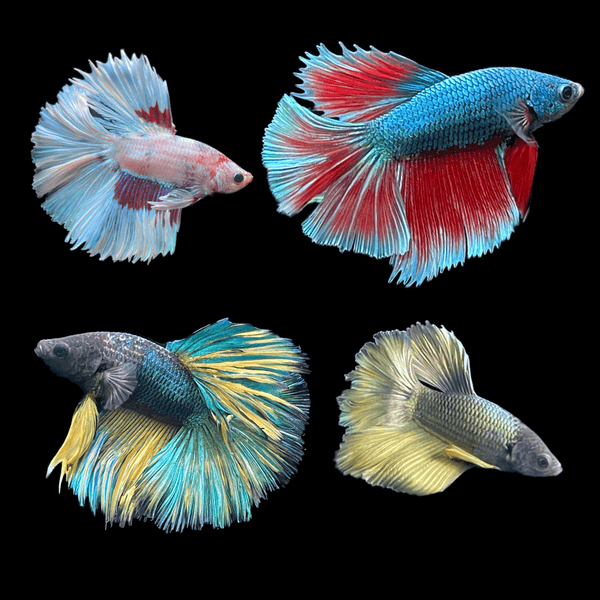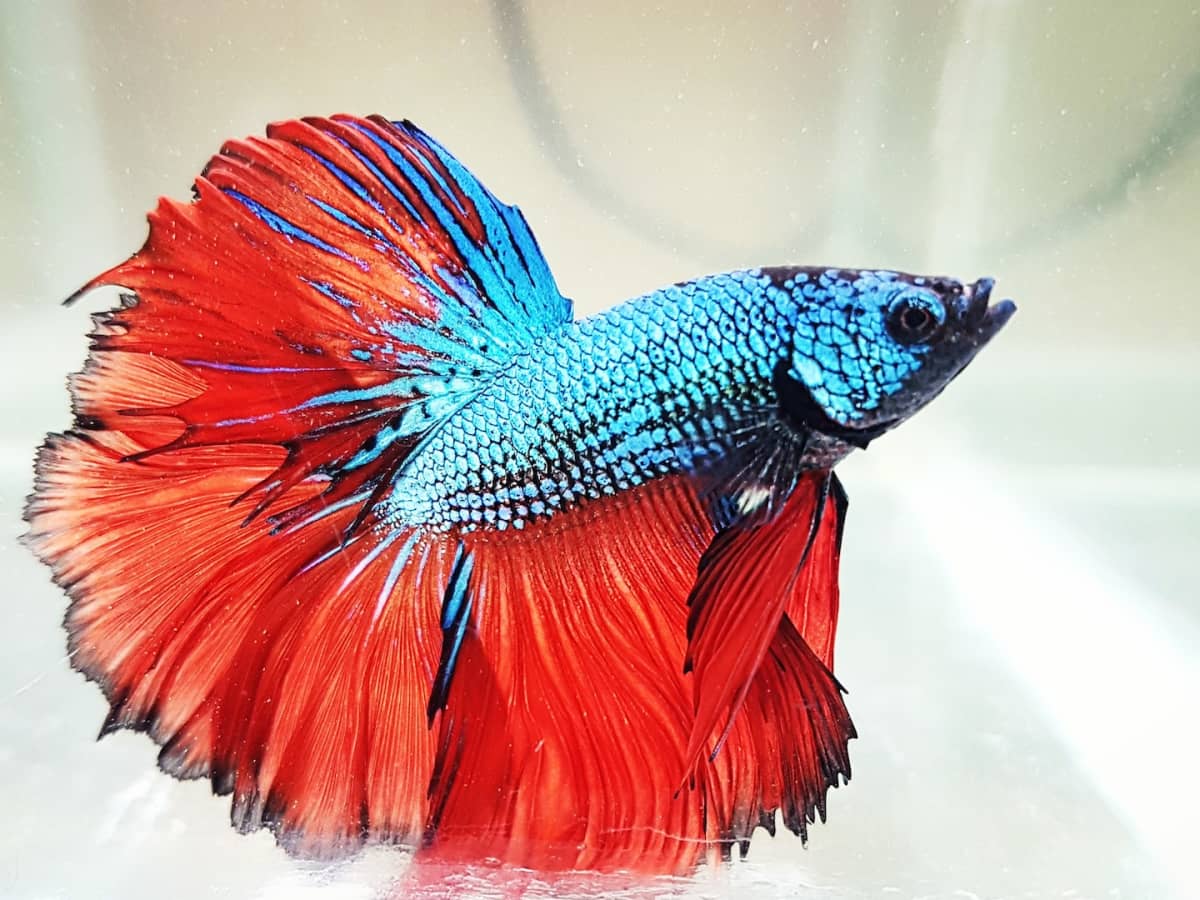Betta Fish Diet: What to Feed Your Betta for Ideal Health And Wellness
Betta Fish Diet: What to Feed Your Betta for Ideal Health And Wellness
Blog Article
All About Betta Fish: Understanding Their Unique Needs, Habits, and the Best Practices for Optimal Care
Recognizing the special requirements and actions of Betta fish is essential for any type of aquarist looking to give ideal treatment. betta fish. As we discover these aspects better, the ramifications for both newbie and skilled fish caretakers become significantly evident, increasing questions regarding just how finest to accommodate these exceptional fish in our homes.
Betta Fish Summary
Although often admired for their vibrant colors and flowing fins, Betta fish, scientifically referred to as Betta splendens, are intricate creatures that call for particular care to thrive. Stemming from Southeast Asia, these freshwater fish are known for their territorial nature and unique actions. Betta fish exhibit sex-related dimorphism, with males showing more dazzling colors and longer fins than women.
Their hostile propensities, particularly amongst men, necessitate careful factor to consider when housing them. Bettas are typically kept in single-specimen tanks to stop territorial disputes. They can exist side-by-side quietly with certain suitable species in larger area storage tanks, provided the setting fulfills their requirements.

To ensure optimal care, aquarists need to recognize their special behavioral traits, dietary demands, and habitat demands. betta fish. With proper focus, Betta fish can show their vivid characters and grow in a properly maintained fish tank setting
All-natural Habitat and Atmosphere
Betta fish flourish in a varied variety of natural environments, primarily found in the superficial waters of Southeast Asia, including rice paddies, swamps, and slow-moving streams. These atmospheres are defined by warm temperature levels, typically in between 75 ° F and 82 ° F(24 ° C and 28 ° C ), and a pH degree ranging from 6.5 to 7.5, which is perfect for their health and well-being.
In their natural environments, Betta fish are accustomed to thick plants, giving both sanctuary and reproducing premises. The existence of plants such as drifting water lilies and thick grasses not just offers security from predators but likewise adds to the oxygenation of the water, which is essential for their respiratory system requirements. In addition, these atmospheres commonly have areas of still water, permitting Betta fish to display their natural behaviors such as bubble nesting.
Comprehending the natural habitat of Betta fish is essential for aquarium fanatics. Reproducing these conditions-- via water temperature, pH balance, and the incorporation of live plants-- can considerably enhance the general wellness and durability of these exciting fish, guaranteeing they grow in a home fish tank setup.
Social Behavior and Communications
Recognizing the social habits and communications of Betta fish is crucial for effective aquarium management. Betta fish, or Siamese fighting fish, are understood for their special behavioral traits, defined primarily by territoriality and hostility.
Alternatively, women Bettas exhibit less aggressive habits and can exist side-by-side in groups, recognized as sororities, if introduced properly. Nevertheless, it is important to monitor their interactions closely, as hierarchy and supremacy can cause problems. Understanding the characteristics within a Betta community is vital; establishing concealing areas and making sure sufficient area can minimize aggressiveness.
Furthermore, Betta fish may additionally display interest and social behaviors towards various other species. While they can coexist with particular non-aggressive storage tank friends, it is vital to select suitable species to prevent anxiety and hostility. On the whole, identifying these social communications is essential to fostering a harmonious fish tank setting for Betta fish.
Essential Care Guidelines
Offering proper care for Betta fish is important to their wellness and health. To make certain a flourishing environment, it is important to preserve optimum water conditions. The water temperature level ought to be kept in between 76 ° F and 82 ° F(24 ° C to 28 ° C), while pH degrees ought to this hyperlink vary from 6.5 to 7.5. Routine water adjustments-- approximately 25% once a week-- help keep water quality.
Betta fish need a suitable storage tank dimension; a minimum of 5 gallons is recommended to supply sufficient room for swimming and hiding. Consist of decorations and plants to create a revitalizing atmosphere, but stay clear of sharp objects that can hurt their fragile fins.

Last but not least, make certain the container is geared up with a filter to keep the water tidy, but use a mild filter to stay clear of solid currents that can worry the fish. By adhering to these Clicking Here crucial care standards, owners can advertise a healthy and vibrant Betta fish.
Common Wellness Issues and Solutions
In the care of Betta fish, recognition of common wellness problems is crucial for preserving their health. To deal with fin rot, boost water problems and take into consideration utilizing a broad-spectrum antibiotic.
Another common disorder is ich, a parasitical infection identified by white places on the fish's body (betta fish). Treatment involves enhancing water temperature and including aquarium salt to the storage tank, as this can aid remove the parasite
Swim bladder condition is additionally frequently observed, leading to buoyancy issues. This condition may emerge from overfeeding or irregular bowel movements. A fasting duration of 24-48 hours, followed by a diet of blanched peas, can supply alleviation.
Last but not least, bettas may struggle with velour condition, shown by a gold dust-like look on their skin. Therapy usually needs drug specifically made for exterior bloodsuckers, along with improved container health.
Regular monitoring of water parameters, maintaining a tidy atmosphere, and giving a balanced diet are crucial precautionary actions. By resolving these health and wellness concerns promptly, Betta fish can lead much healthier, a lot more vibrant lives.
Final Thought
In summary, successful betta fish treatment needs an understanding of their distinct needs and habits. Regular monitoring of wellness and water high moved here quality, along with a balanced diet regimen, contributes to the longevity and vibrancy of betta fish.
Report this page